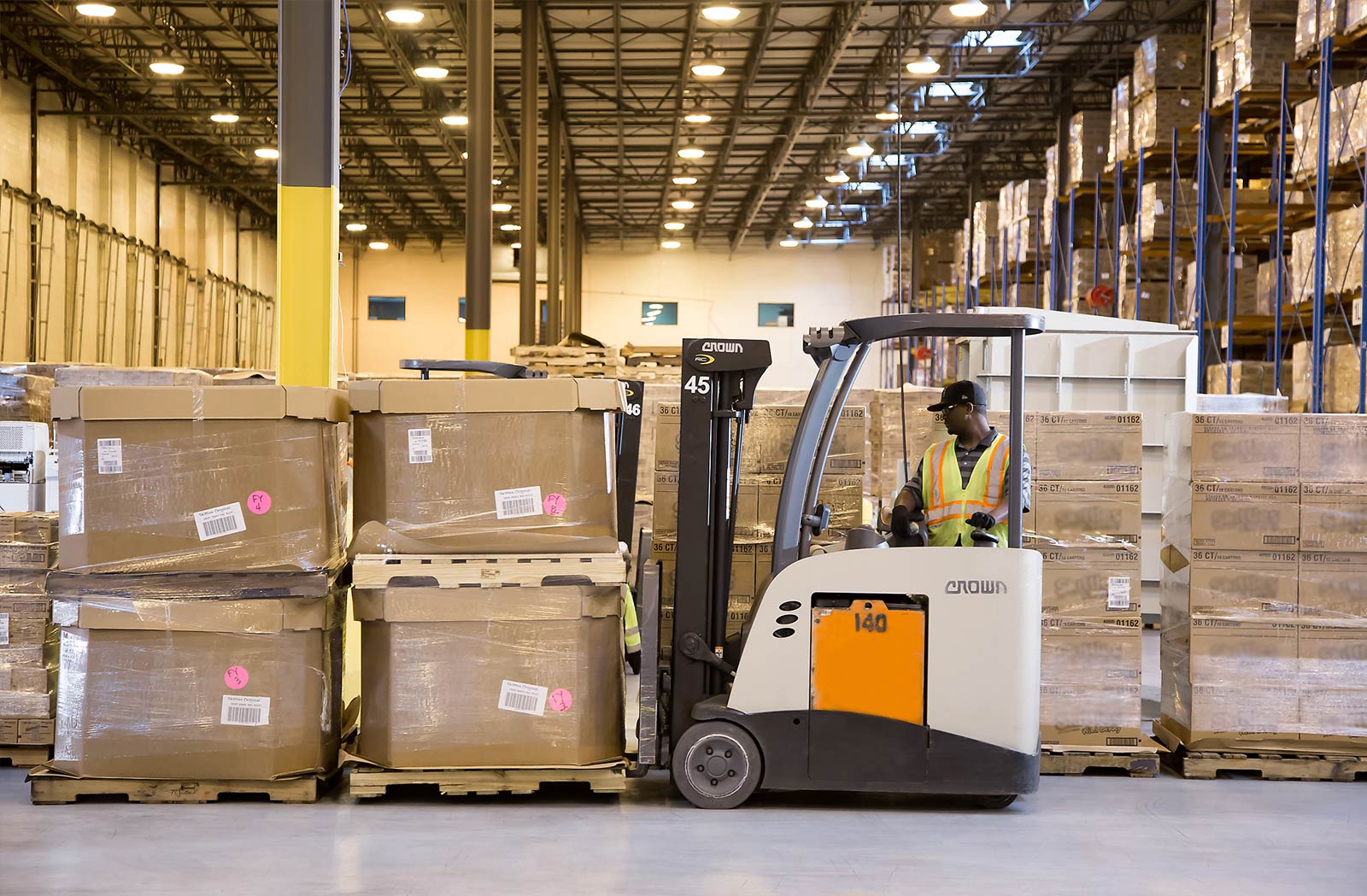Storage and Logistics Solutions for Businesses in Saudi Arabia
Efficient storage and logistics can determine how smoothly goods move from suppliers to customers in Saudi Arabia. With rising e commerce, industrial expansion, and diverse climate conditions, companies benefit from dependable operations that protect inventory, cut delays, and maintain compliance across the Kingdom.

Efficient storage and logistics are central to growth for companies operating in Saudi Arabia. From fast moving retail to industrial parts and pharmaceuticals, the way inventory is received, stored, handled, and dispatched influences cost control and customer experience. Climate considerations, long transport routes between major cities, and evolving compliance requirements raise the bar for planning and execution. Choosing the right setup means looking beyond space alone to consider technology, service scope, and network coverage in your area.
Reliable warehouse services for businesses: what matters
Reliability begins with inventory accuracy and process control. Look for documented standard operating procedures, regular cycle counts, and technology such as barcode or RFID scanning connected to a warehouse management system. Real time visibility reduces write offs and helps sales teams commit to delivery dates with confidence. Safety practices, racking inspections, and material handling training reduce damage and downtime. In Saudi Arabia, reliable operations also account for heat exposure at docks and in yards, ensuring goods are shielded during peak summer. Companies handling food or pharmaceuticals should evaluate temperature monitoring logs and product segregation to prevent risk. Finally, check service level metrics like order accuracy, on time dispatch, and claims ratios to validate performance.
Professional storage and logistics help: how to assess
Professional support extends beyond pallets and shelves. Many businesses gain efficiency by partnering with a third party logistics provider that combines storage with value added services such as kitting, labeling, repacking, and light assembly. For sellers serving Riyadh, Jeddah, and Dammam, cross docking can speed throughput and reduce dwelling time, while pick and pack workflows support e commerce and retail replenishment. If you import or export, verify customs documentation support and options for bonded handling when applicable. Technology is another marker of professionalism: a provider should offer electronic data interchange or API connections, event alerts, and dashboards for shipment status. Ask how exceptions are managed, how peak seasons are staffed, and how labor planning aligns with inbound and outbound forecasts to keep service consistent.
Warehouse solutions for every need in Saudi Arabia
Operational needs vary across sectors, so flexibility matters. Ambient facilities suit general merchandise, while chilled and frozen rooms support food and health products that require cold chain continuity. Some businesses require bulk floor storage, others need narrow aisle racking to maximize capacity, and many benefit from mezzanines or dedicated rooms for high value items. For dangerous goods, ensure the provider follows appropriate handling and segregation rules and has trained personnel and safety equipment. If your product line changes through the year, consider variable space models that scale up for promotions and scale down afterward. Companies serving the wider GCC often evaluate hub locations that balance access to ports and major highways with the ability to reach customers in your area within target transit times.
Robust technology underpins predictable outcomes. A capable warehouse management system supports directed putaway, batch or wave picking, lot and expiry control, and returns processing. Visibility tools such as mobile apps and portals allow operations and sales teams to view stock levels, allocate inventory to orders, and monitor outbound progress without manual follow up. Data from scanners, temperature probes, and yard systems helps teams spot patterns like chronic congestion or recurring short picks and fix root causes quickly. For leadership teams, monthly reports on throughput, dwell time, and utilization show whether the footprint and workflows still fit the business plan.
Risk management is equally important. Insurance coverage should align with the nature and value of stored goods, and contracts need clear terms on liability, claims processes, and proof of delivery. Business continuity plans should include backup power for climate control, maintenance programs for material handling equipment, and contingencies for system outages. In Saudi Arabia, heat management strategies such as shaded staging areas, insulated docks, and scheduled loading during cooler hours can prevent quality losses and protect teams working on site.
Choosing the right partner benefits from a structured evaluation. Begin with a clear scope: inbound volumes, storage types, handling requirements, and service levels needed by your customers. Visit facilities to observe cleanliness, organization, and traffic flow. Ask for references from companies with similar product profiles and seasonality, and review how change requests are handled. If you expect rapid growth, test the provider’s plan for adding shifts, equipment, or space and confirm timelines. Transparent pricing models are helpful, but so is clarity on what triggers additional charges, such as urgent runs, rework, or special packaging.
Finally, align operations with your broader supply chain goals. If sustainability matters, consider options like energy efficient lighting, route consolidation to reduce empty miles, and reusable packaging. If speed is the priority, examine cross docking and multi node distribution that places inventory closer to customers in Riyadh, Jeddah, and the Eastern Province. For complex assortments, invest in master data quality and clear packaging standards to keep receiving and picking efficient. The combination of disciplined processes, capable technology, and thoughtful network design forms a reliable foundation for consistent service across the Kingdom.
In summary, dependable storage and logistics are built on accuracy, visibility, and disciplined execution tailored to climate and market realities in Saudi Arabia. By examining process controls, technology, service scope, and network coverage, organizations can select solutions that protect goods, shorten lead times, and support growth without unnecessary complexity or risk.




